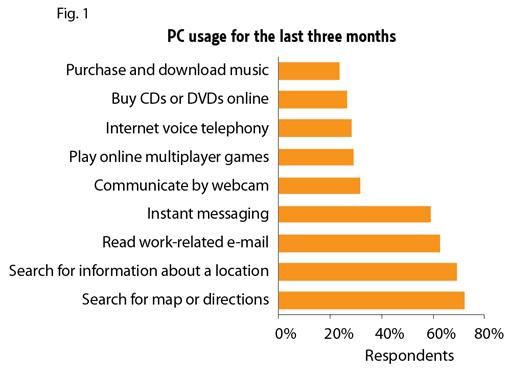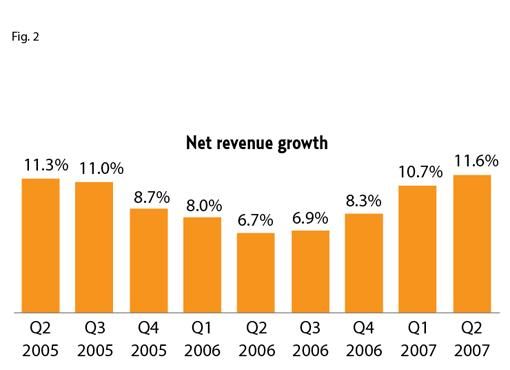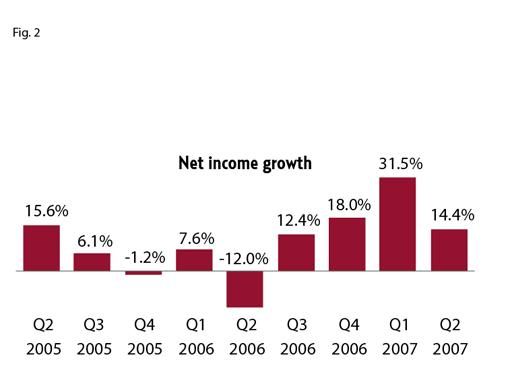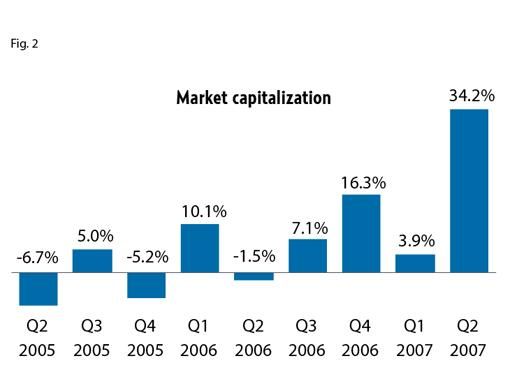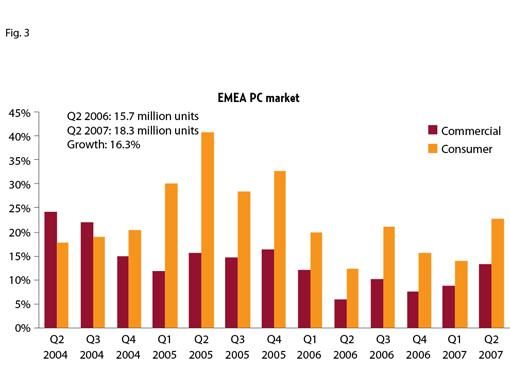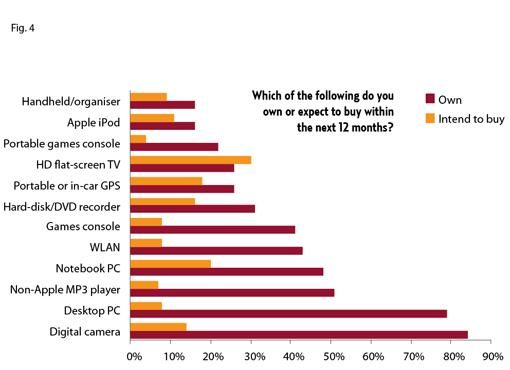Dubai: According to a survey conducted by Canalys, consumers are more willing to pay a premium for electronic goods produced in a more environmentally conscious way. A key issue facing the IT industry now is how it contributes to reducing global warming.
"Technology can help businesses reduce their carbon footprints, for example by replacing paper forms with digital equivalents or reducing employee road travel through the use of mobile devices and GPS systems.
"But as a global industry manufacturing and distributing billions of products each year, its own emissions and the commercial implications of reducing them must be considered," Steve Brazier, president and CEO of Canalys, said.
Slightly more than 55 per cent of consumers agreed or strongly agreed with the statement: 'I would pay up to a 10 per cent premium for electronic products that were manufactured in a more environmentally conscious way.'
You should expect more people to say this than would actually do it, but 11 per cent strongly agreed with the statement. About 30 per cent disagree and about 15 per cent strongly disagree (Figure 5).
The survey shows that there is very little variation in attitudes across gender or income groups.
There was also only a slight variation among respondents of different education levels. The willingness to pay a premium decreased with the ages of the respondents, from 67 per cent of 15- to 17-year-olds down to 49 per cent among those 50 and over.
"Technology vendors exploring green initiatives ... must be aware of these differences in attitude," Brazier said.


